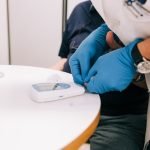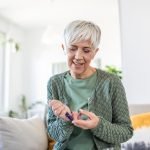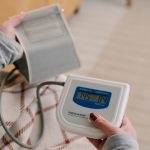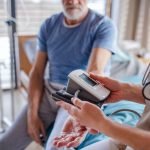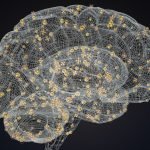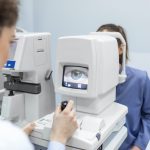This new approach effective for type 2 diabetes management
Type 2 diabetes can be a daunting condition to manage. A new study from Western Sydney University offers a glimmer of hope for improved...
Scientists get closer to a magic pill for diabetes and weight loss
Millions of people struggle with type 2 diabetes and obesity, and the most effective treatments can be risky and expensive.
But a new pill, tested...
Scientists find a new hope for stubborn high blood pressure
The Need for a Better Solution
High blood pressure is a huge health problem that affects millions of people. It can lead to severe conditions...
Scientists find new way to spot pancreatic cancer risk early
Pancreatic cancer is a tricky disease; often it grows quietly and isn't discovered until it's too late. Even when caught early, it usually has...
More older Americans hospitalized for high blood pressure, study finds
In the last two decades, more older Americans are being rushed to the hospital for very high blood pressure.
This is surprising and worrying because...
Common heart attack medicine may not work for these people, study finds
Clopidogrel is a medication commonly prescribed to help people avoid having another heart attack after they've had one. For the medicine to work, the...
Brain activity patterns can help detect dementia, study finds
Researchers from the University of Tsukuba in Japan have published groundbreaking findings that could pave the way for early diagnosis and differentiation of neurodegenerative...
One in three adults with type 2 diabetes may have hidden heart risks
A shocking one-third of adults with Type 2 diabetes might be walking around with undetected heart issues, according to new research.
These heart risks may...
New brain imaging technique could offer more accurate autism diagnosis
Autism Spectrum Disorder (ASD) is a developmental condition that affects social interaction, communication, interests, and behavior.
While the signs often develop in childhood, diagnosing autism...
Eye scans could detect Parkinson’s disease 7 years before diagnosis
Researchers from UCL and Moorfields Eye Hospital have made a groundbreaking discovery: eye scans can reveal early signs of Parkinson's disease up to seven...

